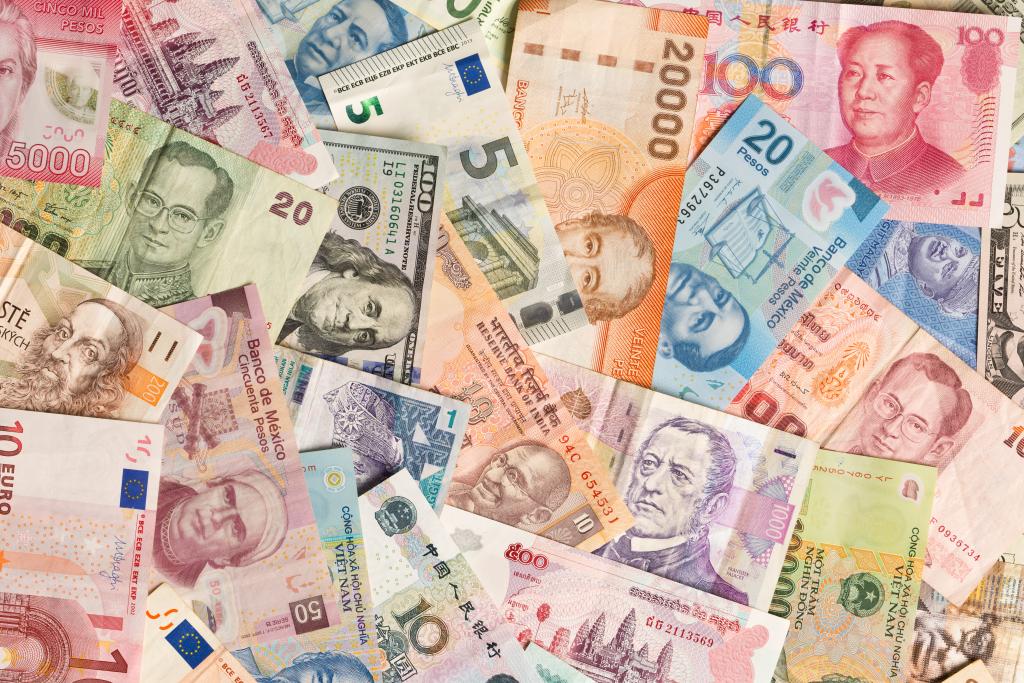The Covid-19 crisis has led to a sudden collapse in capital flows to emerging and developing countries, who now face problems servicing their external debts while addressing the growing economic strain of the pandemic.
Professors Beatrice Weder di Mauro and Ugo Panizza recently coauthored a CEPR Policy Insight in which they present a mechanism to implement a debt standstill which would free significant resources to cover some of the most immediate costs of the COVID-19 crisis.
Departing from the two observations that rich and poor countries alike are facing an unprecedented economic crisis, and that the threat is even more significant for emerging economies, where the economic costs of social distancing are likely to be higher than in rich countries, the seven professors propose a mechanism to respond to the need of immediate action to prevent disorderly defaults, litigations, and a collapse in the international debt market.
Through a webinar, the authors Patrick Bolton, Lee Buchheit, Mitu Gulati, Pierre-Olivier Gourinchas, Ugo Panizza and Beatrice Weder di Mauro come virtually together to explain why low- and middle-income countries are particularly vulnerable, discuss what is at stake for the world economy, and present the mechanism to implement a debt standstill.
You can watch the event live from 14:30 to 15:30 CEST on Wednesday 7 May. Register here.


